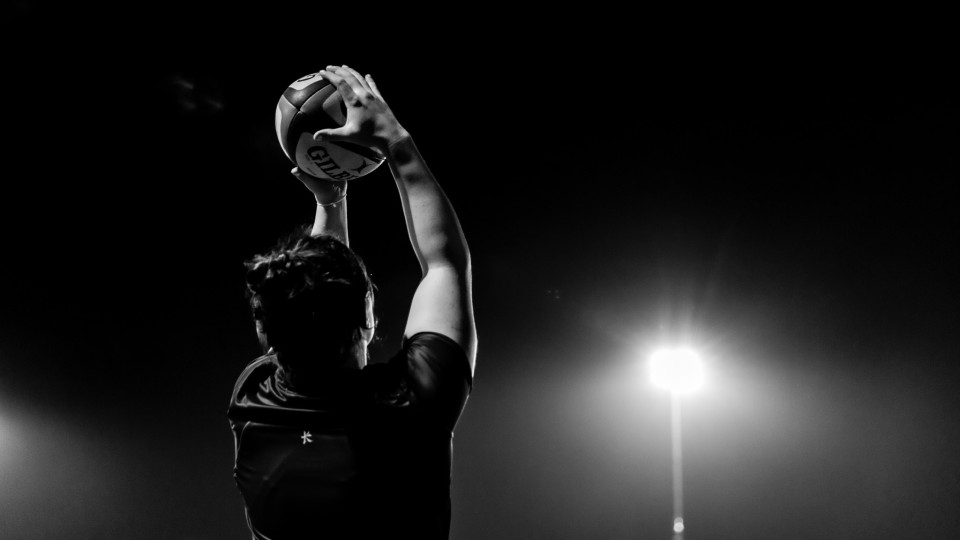Authored by Professor James Skinner (Institute for Sport Business) and Professor Aaron CT Smith (Institute for Innovation and Entrepreneurship) the study addresses key themes across the sector the impact on women’s sport, financial difficulties, and opportunities in the Metaverse at the fore.
Prof Skinner and Prof Smith note that the trajectory of women’s sport remains precarious as the sporting media are likely to return to the comfortable habit of men’s sport to generate content.
However, it’s not all doom and gloom. Recent market activity suggests that the demand for women’s sport will encourage a revival, including ratings for the Tokyo Olympics, which showcased an almost equal gender balance of competitors with 49% female representation.
Moreover, the US National Women’s Soccer League (NWSL) and the Women’s National Basketball League (WNBA) were the only professional sport leagues in North America to boost their TV ratings during 2020.
The NWSL enjoyed a distinct boost because of its 2020 broadcasting arrangements where every game was available to fans anywhere via television (mainly in the US) or through streaming services.
With the new availability came a 475% increase in viewership, and a 15% increase in social media engagement, including a 350% increase in male fan engagement. Finally, with females representing 45% (a record high) of athletes at Beijing Winter Olympics, there is reason to be encouraged about equal media coverage over the Games.
Prof Skinner and Prof Smith observe that the severe impacts of COVID-19 on the sports industry have accelerated innovation and created new opportunities.
The Metaverse could become a lucrative market for sporting brands and businesses, as Professor Skinner explains: “The Metaverse will encompass entertainment, virtual worlds, social networking, information, media, data, games, commerce, and sport, as well as anything that can be configured as an interconnected (user) experience or simulation from education to art. It will bring a metamorphic revolution to sport so staggering that it will make television, the internet and social media look like minor developments.”
Professor Aaron CT Smith added: “The full conception of the Metaverse will be an entirely new world duplicating reality in cyberspace. It will make the Matrix part of our lives, and sport will be a beachhead for its arrival.”
Further to this, sport organisations continue to rapidly increase their digital capabilities, upscaling their social media, and collaborating outside of the box in efforts to stay relevant and afloat.
Firms providing mobile streaming technologies facilitated a huge upswing in hybrid fan facing initiatives as well as e-sports and repackaged sporting content.
The report also details that the sport sector will take years to recover due to economic pressures caused by COVID-19.
Prof Skinner and Prof Smith cite that in 2018 the total global sports industry was valued at $390 billion. However, due to professional sport haemorrhaging revenue due to the loss of income from ticket sales, merchandise, sponsorship, and broadcast, it is predicted to take years to return to pre-pandemic levels.
Athletes also suffered during the pandemic, facing severe pressures due to financial instability from cancelled competitions, isolation from their teammates, thwarted training schedules, and motivational struggles owing to inhibited progression.
The rescheduling of major events – including the Tokyo Olympic and Paralympic Games – presented further mental and physical health concerns.
Prof Skinner and Prof Smith also explain that across the world, everyday people participating in recreational and club sports, and fans following teams for community and connection, experienced a sizable sports-shaped hole in their lives which added strain to mental health and wellbeing.
The report details that, in response to the suspension of sporting facilities and events, opportunities for outdoor or virtual exercise grew and new business models emerged, with many people buying home-fitness equipment and subscribing to online classes.
Prof Skinner and Prof Smith note that exercise levels are lower than pre-pandemic levels, however, and it is yet to be seen whether they will recover.
The report can be read in full by visiting HERE.
